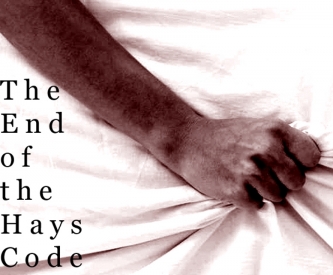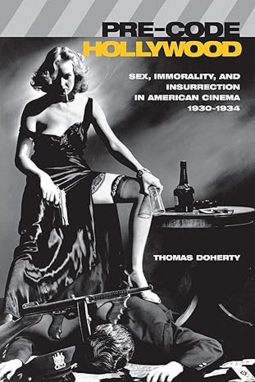Similar to the Communist revolutions of the era, the social revolution that took root in the United States during the Sixties and Seventies sought to seize society's "triangle" and turn it upside down: what was once on the top, was now on the bottom. That is to say, if movies depicting beautifully coiffed and well-mannered youths were once valued and placed at the triangle's peak, they would be replaced by movies about hairy, ill-kempt itinerants. This article seeks to explain and rationalize this extreme change:
"The shattering of taboos on language, fashion and manners is part of a larger disintegration of moral consensus in America. Vast numbers of Americans distrust their government. Catholics in increasing numbers simply ignore the church ban on on birth control. The family has changed from a breeding ground common values into a battleground of generations.These dislocations have moved many writers to reach for the strongest language in their arsenal to capture the chaos of their time. 'We're in a time that's divorced from the past,' says novelist Norman Mailer."
"Obscenity and nudity and eroticism, then, have become prime weapons for artists as humanizers. He uses them to remind man that amidst his electrical appliances and armaments and credit cards and daily costumes, he remains Homo Sapiens. "Why don't we stop pretending that we're not mammals and that we don't do the things that mammals do?" asks poet/playwright Michael McClure."
"What this generation wants is not simply bigger breasts and sexier scenes on wider screens. 'They want to strip away all the sham and to strive instead for truth and honesty', says TV impresario David Susskind. 'This revolution has been made by young people and nothing will thwart it for the simple reason that truth will out. 'Tell it to me baby. Tell it the way it really is.' These are the battle cries of the young."
More about the lowering of moral standards in American popular culture can be read here...




- from Amazon:
